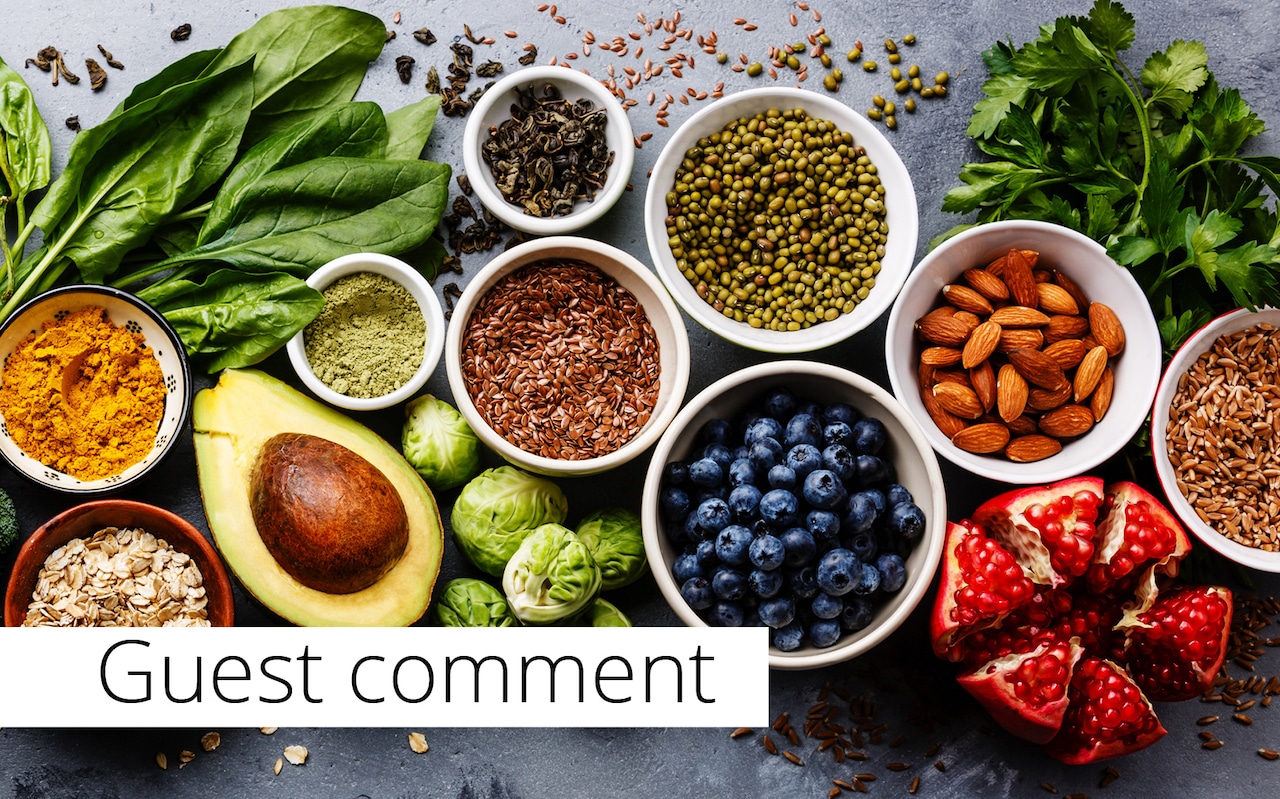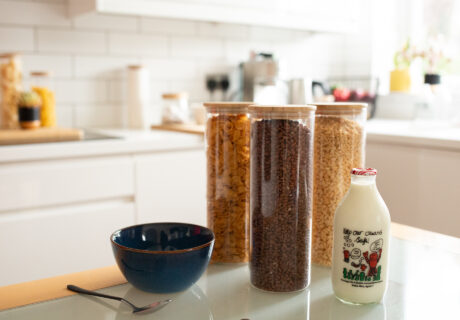The truth is that if you’re in the food industry, you’re in the health industry – and we have a responsibility to consider the products we are feeding people in order to reduce obesity, cholesterol and diabetes.
As readers of Natural Products News will know, highly processed food has zero nutritional value, and in Norfolk and Suffolk we have an opportunity to create a supply chain to produce healthy nutritional food – something that has been close to my heart for years.
The two counties produce 11% of the UK’s agricultural output including 17% of its fruit and vegetables, but most of what is produced here is taken outside the region to be processed. Meanwhile, if we look at pulses and pea-based products, the majority are grown in China and Canada.
We need to reassess the supply chain to keep processing in the region and to connect what farmers are growing to their end markets. Part of this involves bringing more businesses here and helping companies in the region to grow.
The region has some of the best brains researching plant science, food nutrition, gut health, healthy ageing and climate change at world-leading research organizations at Norwich Research Park, such as the John Innes Centre, the Quadram Institute and the Sainsbury Laboratory, plus academic institutions like the University of East Anglia.
These organizations are working hand in hand with the food industry to develop innovative products, including Fischer Farms which is establishing the world’s largest vertical farm with 25,000 sq m of stacked growing space and be able to grow as much produce as 1,000 acres of conventional farmland.
There are also innovative spin-out companies in alternative proteins and a growing number of food businesses harnessing the region’s crops and expertise to create new protein sources and plant-based foods which are good for the planet and for our health. For example, Novo Farina takes the humble yellow pea grown locally to create a gluten-free, protein rich and high fibre flour, texturized plant protein, crumbs and gluten-free snacks as alternatives to meat and wheat-based ingredients for the food industry and retailers. Another Norfolk business, One Planet Pizza, makes plant-based frozen pizzas.
The truth is that if you’re in the food industry, you’re in the health industry
The region’s potential has been recognized by the Government which has named Norfolk and Suffolk a ‘High Potential Opportunity’ in plant science for nutrition. This status aims to get the region onto the national and international stage and promote it to a global network with the aim of attracting investment. The High Potential Opportunity is important because it’s not just about producing food, it’s about producing healthy nutritious food.
There are many initiatives to drive innovation in food production in the region and to support the growth of many SME food and drink producers. The Food Enterprise Park is a 100-acred development site just outside Norwich. It is home to the Broadland Food Innovation Centre, a dynamic new space which opened in September 2022 and consists of 13 food-grade units, sensory and test kitchens and meeting spaces. It aims to make a bold difference to the area by helping innovative projects become robust and enjoy sustainable success.
The Centre is backed by fully funded innovation support for food and drink businesses as well as a ‘Cluster’ of business leaders who meet for networking and to support each other. This Cluster (led by The University of East Anglia) includes the Plant-Based Protein Innovation Platform which is focused on how to expand the production of plant-based protein within the East of England’s supply chain, making it the place to start, situate and scale a plant-based food and drink business. Open to all organizations involved in the supply chain, the Platform aims to ensure collaboration and commitment across the sector and to explore the trends, innovation and opportunities, funding and investment, market viability and nutrition.
The challenge for farmers, agri-tech, food and drink producers large and small as well as retailers is to help their customers to eat more healthily. By working together, collaborating with the science and research expertise we have in the region, we can start to make a difference.





